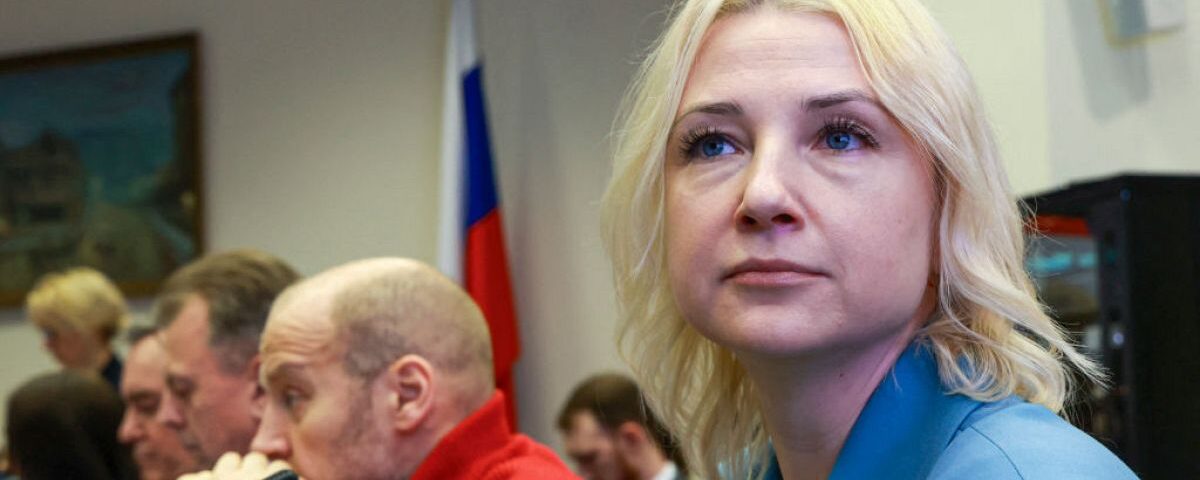Russian presidential hopeful banned from running in election

Clean-up begins after Maersk loses shipping containers in North Sea
28 Aralık 2023
Rohingya refugees forcibly evicted by students in Indonesia
28 Aralık 2023A Russian politician calling for peace in Ukraine has failed in her appeal against election officials’ refusal to accept her nomination for the country’s next presidential election, a race that Vladimir Putin is all but certain to win.
Former regional legislator Yekaterina Duntsova has promoted her vision of a “humane” Russia “that’s peaceful, friendly and ready to cooperate with everyone on the principle of respect.”
Over the weekend, Russia’s Central Election Commission refused to accept Duntsova’s initial nomination by a group of supporters, citing errors in the paperwork, including spelling.
And on Wednesday, Russia’s Supreme Court rejected Duntsova’s appeal against the commission’s decision.
After losing the appeal, Duntsova said she would start working on the creation of her own political party, which will stand for “peace, freedom and democracy”.
“We will win the right to live without fear, speak freely and feel confident about the future,” she declared via a messaging app channel.
Duntsova has asked the leaders of the liberal Yabloko political party to nominate her as a candidate, but its founder Grigory Yavlinsky has turned her down.
The tight control that Putin has established during 24 years in power makes his reelection in March’s presidential vote all but assured. Prominent critics who could challenge him are either in prison or living abroad. Most independent media have also been banned.
Nonetheless, a number of Russian parties have already named their candidates who will attempt to unseat Putin.
The Russian Communist Party, the second largest in the Duma – or lower house of Parliament – has nominated veteran lawmaker Nikolai Kharitonov. However, the Communists and other factions in the Duma represent only token opposition, and generally support Putin’s course.
Kharitonov already ran against Putin in a 2004 presidential vote, coming in second with nearly 14% of the vote. He successfully submitted his papers to the Central Election Commission on Wednesday.
The Civic Initiative party, which is not represented in the Duma, backed the nomination of liberal politician Boris Nadezhdin, who has spoken against Russia’s action in Ukraine.
Duntsova urged her supporters to help Nadezhdin collect signatures to qualify for the race.
Putin is running as an independent, and his campaign headquarters, together with branches of the ruling United Russia party and a political coalition called the People’s Front, began collecting signatures in support of his candidacy.
Under Russian law, independent candidates must be nominated by at least 500 supporters and also gather at least 300,000 signatures from 40 regions or more.



